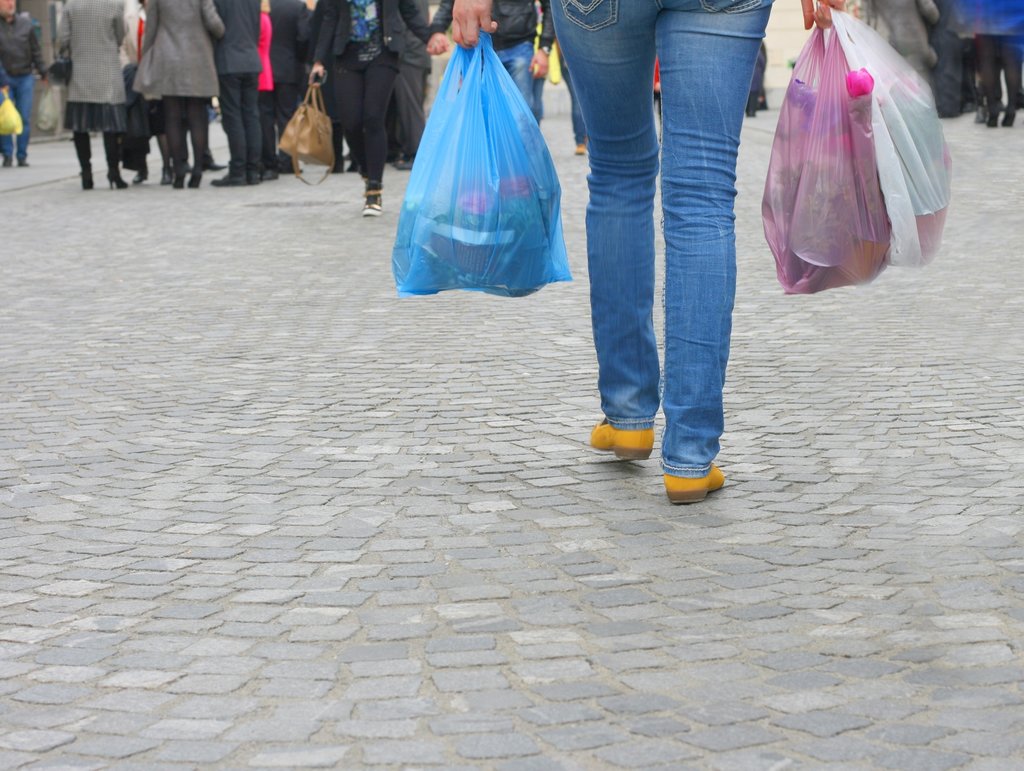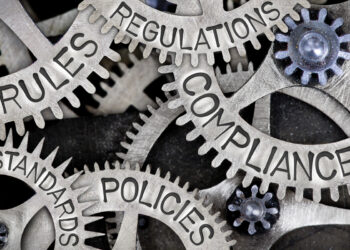A bill in New Jersey’s legislature has been changed to impose a 5-cent fee on single-use plastic bags. Originally, the legislation flat-out banned the items.
The New Jersey Assembly’s Environment and Solid Waste Committee on May 19 voted to advance A3671 after making significant changes to the draft bill. The bill is now awaiting possible consideration by the full chamber.
The original version of the legislation, introduced April 14, would have imposed increasingly expensive fees on plastic bags before eventually banning them throughout the Garden State. It also would have exempted “compostable” bags from the requirements.
But the environment committee changed the language to eliminate the gradually increased fees and eventual ban to instead impose a 5-cent fee on all single-use bags, including those made of paper and those labeled compostable.
The legislation was also amended to allow stores to keep a penny from each 5-cent payment. The remaining four cents would go to state government, which would deposit most of the money into a fund meant to address lead hazards.
The committee also exempted the following groups from having to pay the fee: people 65 and older; low-income people receiving Supplemental Nutrition Assistance Program (SNAP, formerly called food stamps) benefits; Women, Infants and Children (WIC) benefits recipients; and Work First New Jersey program members.
Click here to see the changes made by the committee and the current language.
The New York City Council recently approved a bag fee bill exempting those receiving SNAP benefits from having to pay the 5-cent fee.
In New Jersey, A3671’s requirements apply to drug stores, supermarkets and retail establishments with more than 2,000 square feet of retail space or those part of chain of 10 or more locations. The fee would go into effect starting June 1, 2017.
NJ.com reports efforts to limit plastic bag use have been considered since 2008 but have previously stalled.
The New Jersey legislature is also considering a bill instituting a beverage container deposit program. Unredeemed deposit funds would also be used to support lead-abatement efforts.




























